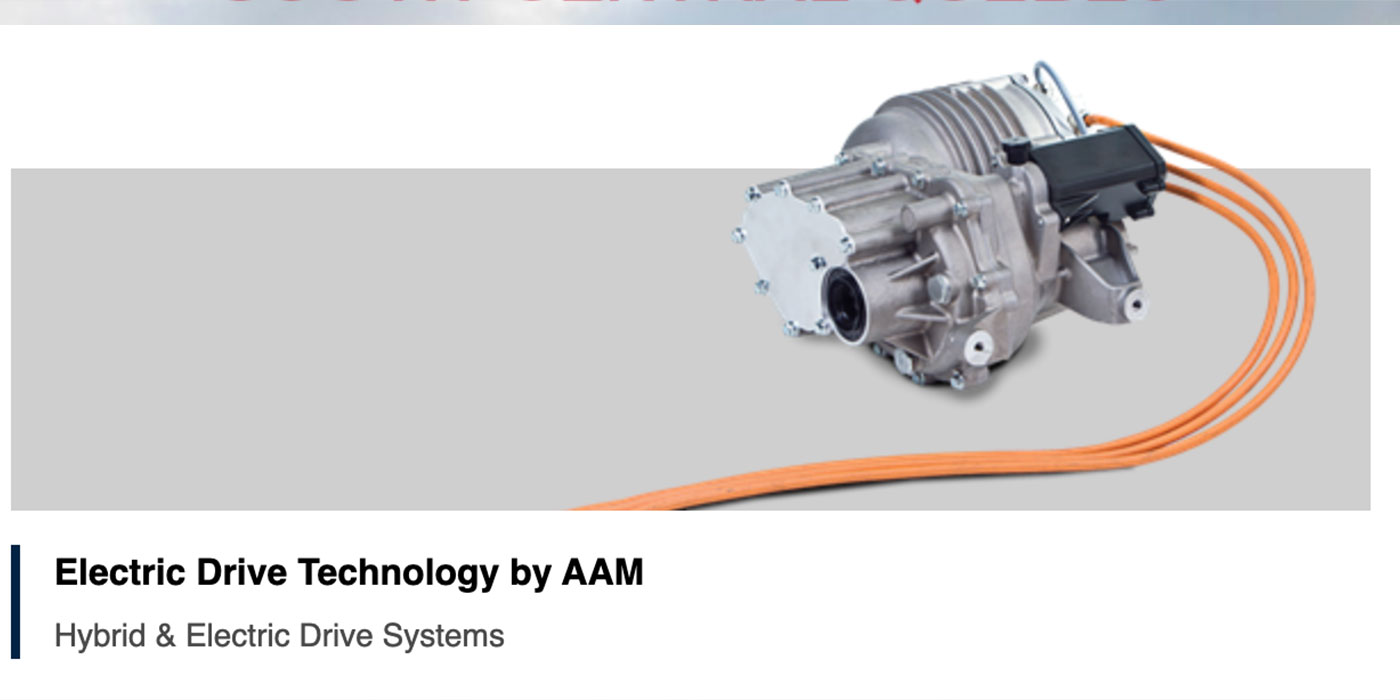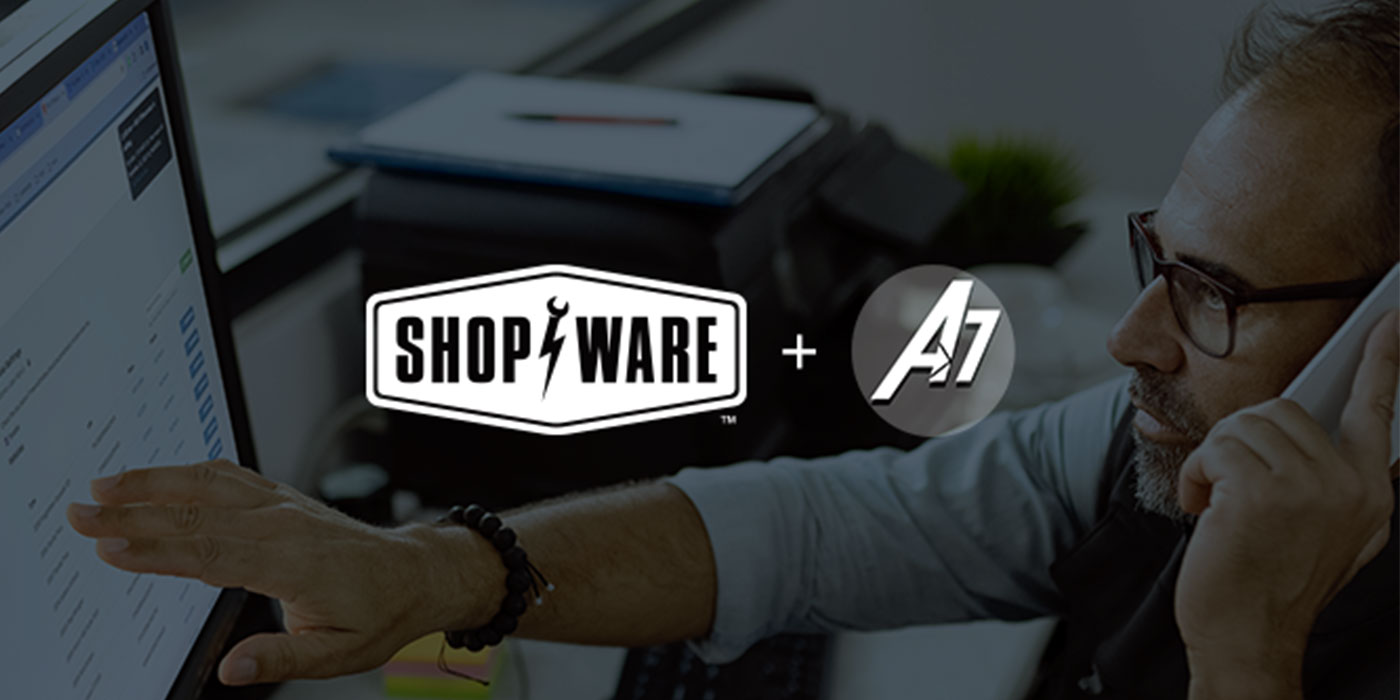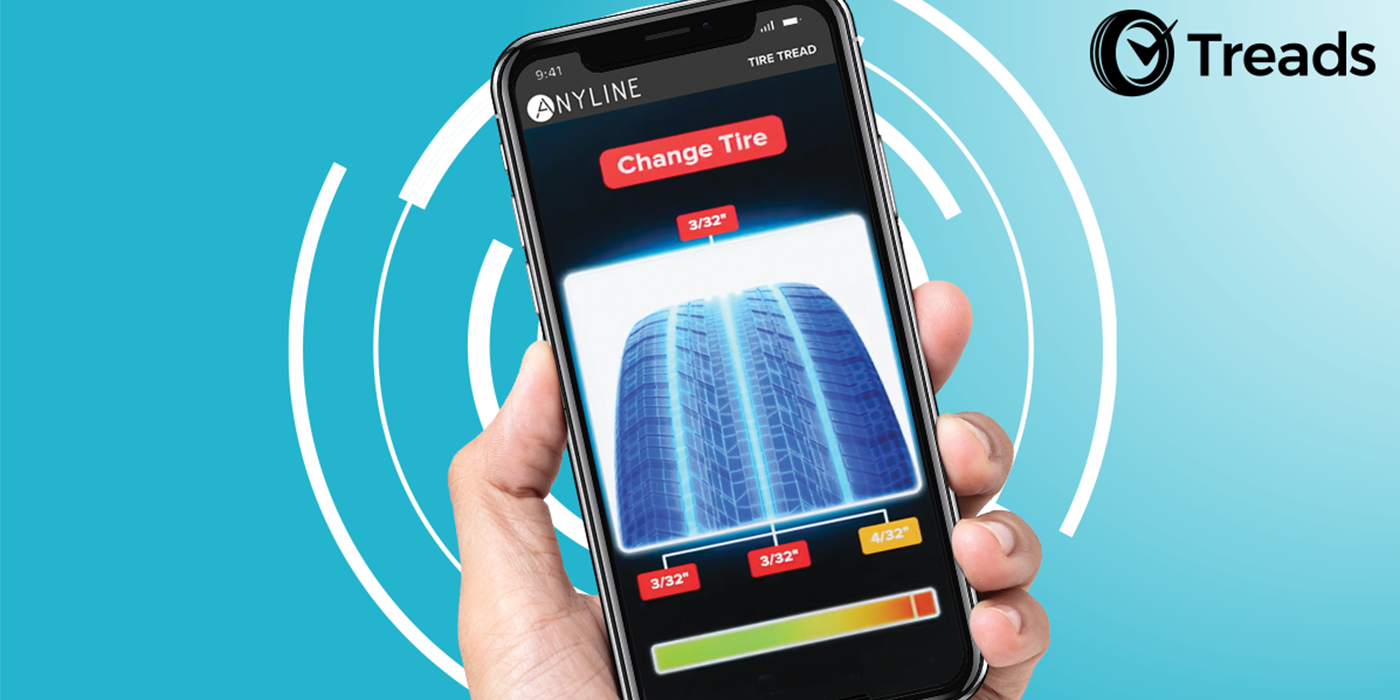For a long time now, we have been impressed by the application of gamification* in human resources. Now that the application of gamification is a working reality, we thought it was appropriate to revisit the topic.
Games particularly appeal to the younger generations
It’s no secret that games have great appeal to the younger generations (Generations Y and Z). A number of companies have found that virtual games, integrating points, badges, leaderboards and role-playing, can be very effective in attracting – and assessing – qualified applicants. Plus, the applicants have fun playing the games, while they are bonding with their prospective employers.
My Marriott attracts Millennials
Marriott International attracts young employees with a game called “My Marriott Hotel.” Delivered on Facebook, the game offers candidates the opportunity to virtually experience what it’s like to be a manager for Marriott. Beginning with managing a hotel restaurant kitchen, candidates move on to other areas of hotel operations. Players begin by creating their own virtual restaurants. On a budget, they buy equipment and ingredients. They also are required to hire and train employees and serve guests. Players “earn points for happy customers and lose points for poor service.” When their operations turn a profit, players are rewarded.
PwC in Hungary offers “Multipoly”
To recruit college students, the Hungarian division of PricewaterhouseCoopers (PwC) created an online simulation called Multipoly. In the 12-day game, PwC gives the students a chance to virtually experience what it’s like to work for their firm. In the game, students have to meet goals and accomplish tasks based on PwC competencies. The company’s coaches even give the students feedback on how they’re doing. According to PwC, over the past four years, 78 percent of student players surveyed said they “wanted to work for PwC.” Not only did the game contribute to a significant increase in the number of job applicants, but also, after playing the game, 92 percent said they had a more positive view of the firm.
Effective virtual games in recruitment are only the beginning
As we have previously reported, many companies are struggling to create games that really work. Yet the success of Marriott and PwC using gamification in the talent acquisition process is evidence that it can work. Games can build engagement, while teaching applicants about careers and satisfying their need for social media interaction.
* Gamification is the application of game elements, games mechanics and game design to non-game systems and processes.
Special thanks to Dave Zielinski writing in the November issue of HR Magazine and to Jeanne Meister, founding partner of FutureWork, writing for Forbes.com.













